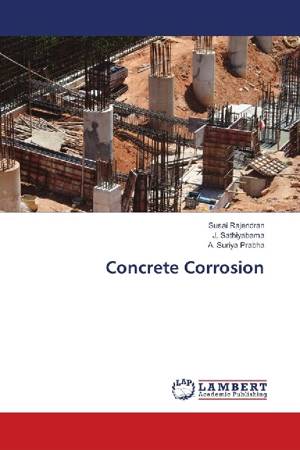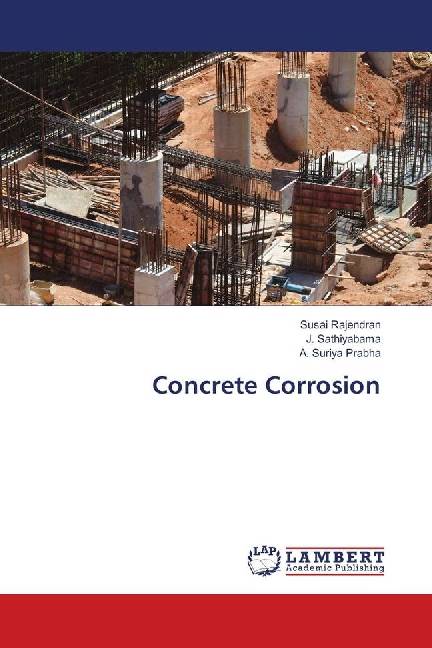
- Afhalen na 1 uur in een winkel met voorraad
- Gratis thuislevering in België vanaf € 30
- Ruim aanbod met 7 miljoen producten
- Afhalen na 1 uur in een winkel met voorraad
- Gratis thuislevering in België vanaf € 30
- Ruim aanbod met 7 miljoen producten
Zoeken
€ 70,95
+ 141 punten
Omschrijving
The present study deals with the corrosion behaviour of mild steel immersed in simulated concrete pore solution (SCPS) prepared in DD water in the presence of inhibitors such as Tri Sodium Citrate, Potassium Sodium Tartrate, N-Cetyl N,N,N-Trimethylammonium Bromide, Sodium Dodecyl Sulphate in the presence of Cl- ion. The corrosion resistance has been investigated by electrochemical and non-electrochemical methods. The order of IE of the inhibitors is as follows: TSCSPTCTABSDS. In order to investigate the nature of the protective film, UV-Visible Absorption Spectroscopy, Infrared Spectroscopy, Scanning Electron Microscopy (SEM), Atomic Force Microscopy (AFM) and Fourier Transform-Infrared Spectroscopy (FTIR) has been used in the present study. The mechanistic aspects of corrosion inhibition are based on the classical weight loss method, the polarization study and different surface examination techniques.
Specificaties
Betrokkenen
- Auteur(s):
- Uitgeverij:
Inhoud
- Aantal bladzijden:
- 164
- Taal:
- Engels
Eigenschappen
- Productcode (EAN):
- 9783659711794
- Uitvoering:
- Paperback
- Afmetingen:
- 150 mm x 220 mm

Alleen bij Standaard Boekhandel
+ 141 punten op je klantenkaart van Standaard Boekhandel
Beoordelingen
We publiceren alleen reviews die voldoen aan de voorwaarden voor reviews. Bekijk onze voorwaarden voor reviews.











